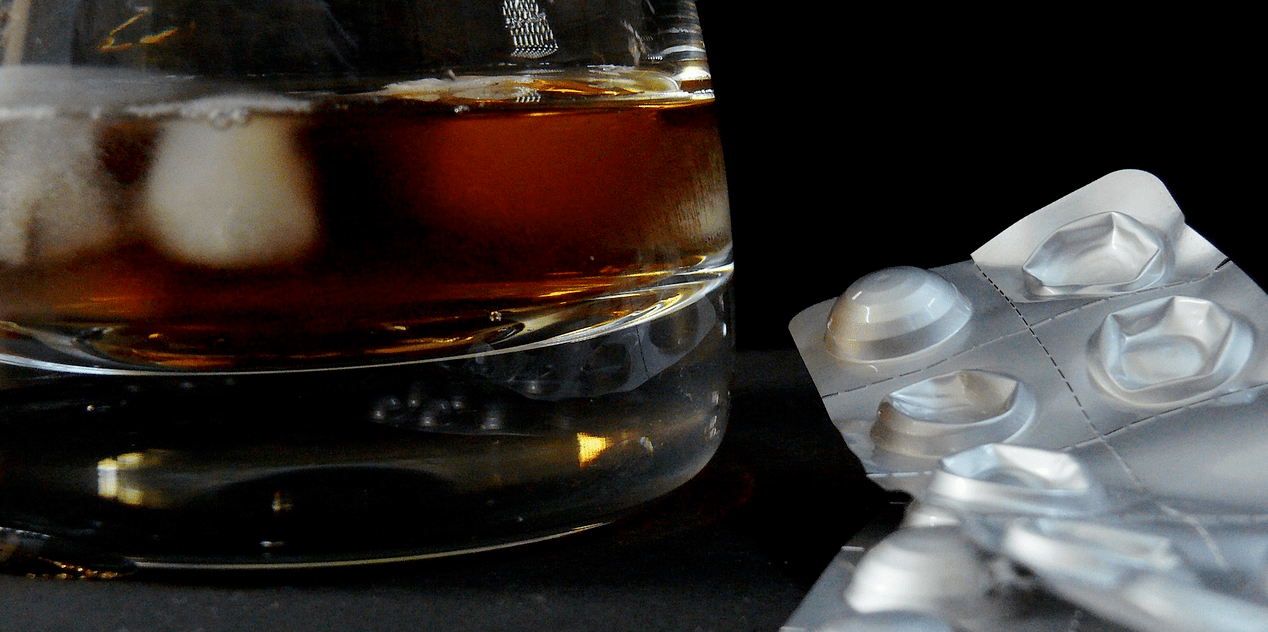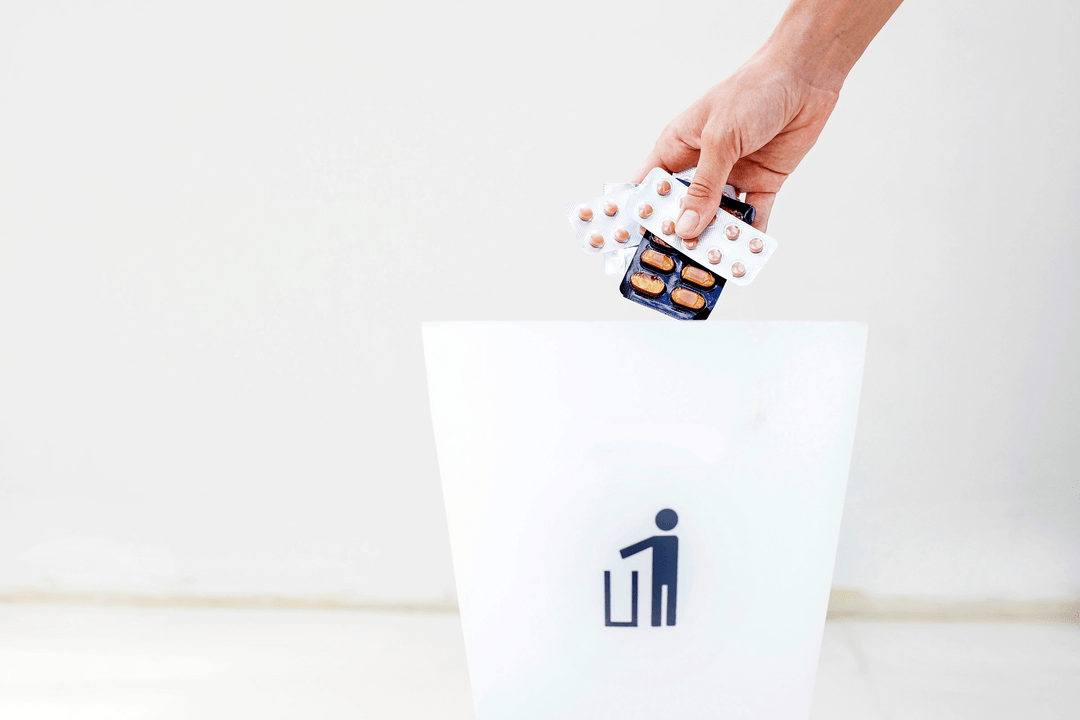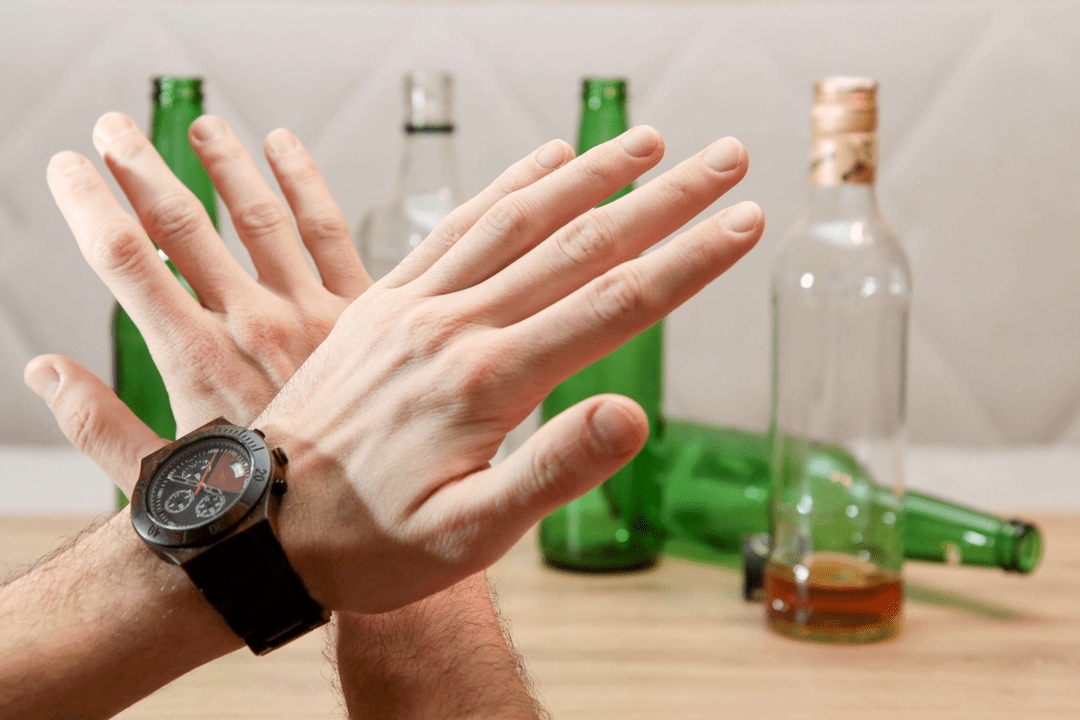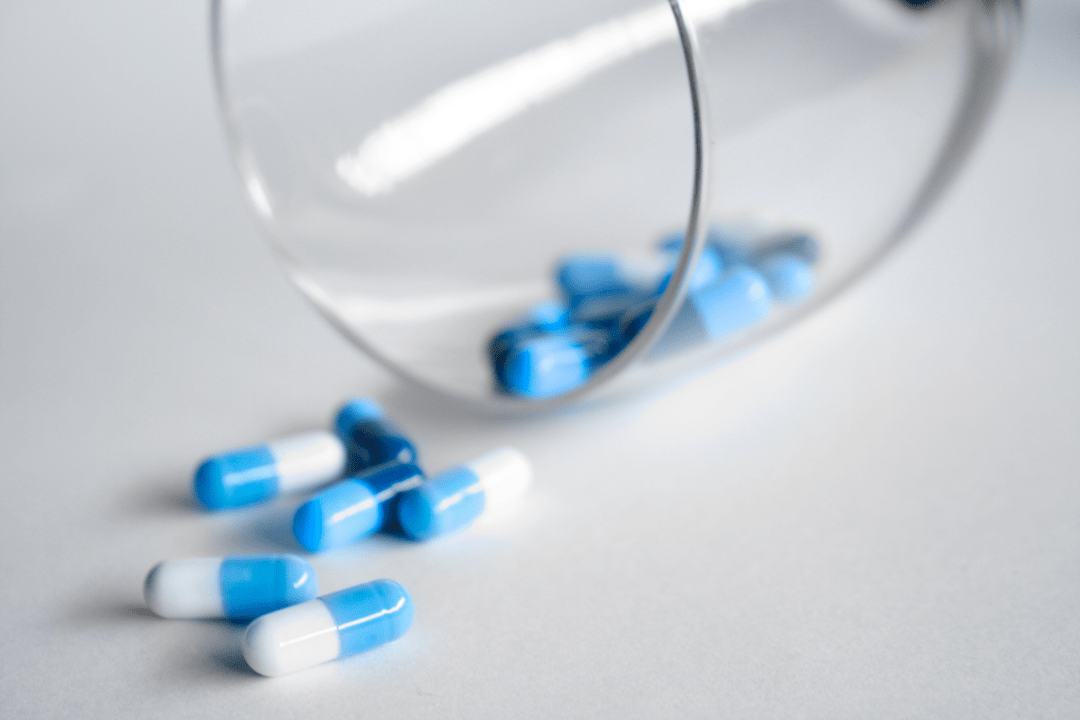Are antibiotics and alcohol compatible, in which cases is the danger of this combination justified, and when is it exaggerated? We answer this question in our article.
Sometimes antibiotics are essential. They are prescribed for various diseases, and this often happens completely "at the wrong time": on the eve of a long-awaited celebration or, for example, a company party.
Finding themselves in such a situation, some are bored at the festive table, categorically refusing even a glass of wine or a sip of beer, others decide to interrupt the course of antibiotics, being absolutely sure that they are doing a lot. less harm to their own body.
Let’s make a reservation right away: skipping one or two doses of a drug can negate the effectiveness of the treatment, moreover, taking an antibiotic irregularly will make the pathogen more resistant to its effects and thus only worsen the treatment. problem. To overcome the bacteria "hardened" by these experiences, you will need to increase the dose or prescribe a stronger drug.
And what will happen if you drink a glass of wine or a small beer as part of an antibacterial treatment? Most likely nothing. According to British scientists, quoted by the service of the Russian Air Force, alcohol does not affect the action of the most commonly used antibiotics. They are neutral to each other, which means that one should not expect unpleasant "side effects" from such a combination, of course, if the question is limited to a single glass of wine andthat we are not talking about some drugs which should not be mixed with alcohol in any quantity.

To understand all the risks associated with the simultaneous administration of drugs, including antibiotics, with alcohol, you should carefully read the instructions and make sure that this point is not there.
Which antibiotics are better not to combine with alcohol
It is not worth taking the risk and consuming alcohol during treatment with antibiotics, which belong to this class, since many studies confirm that ethanol weakens their effect.
It is also important to take into account that the substances metronidazole and tinidazole enter into a chemical reaction with alcohol and enhance its toxic effect on the liver. The data on this score, however, is rather contradictory, however, is it worth the risk?
Some members of the cephalosporin group slow down the breakdown of ethanol, causing a reaction to disulfiram. These drugs block enzymes that help break down acetaldehyde, which eventually builds up in the body and causes headaches, nausea, tachycardia, shortness of breath, seizures, and other unpleasant symptoms.
A similar reaction, according to some reports, can also be caused by certain bacteriostatic antibiotics, which, however, have not been used so often in recent times. The combination of alcohol and antifungal agents is dangerous.

Alcohol and some antibiotics can not only cancel all therapy, but also harm
Long-term use of antibiotics and alcohol
At the same time, it is important to understand that with prolonged use, many antibiotics, including erythromycin, rifampicin, tetracyclines, sulfonamides, nitrofurans and lincomycin, accumulate in high concentrations in thebile and, over time, can lead to toxic liver damage. . Main detoxification organ, he himself suffers mainly from the side effects of drugs. And although phenomena such as cholestatic hepatitis and even fatty infiltration of liver cells are usually temporary, it is still not worth adding extremes to this important organ, which will have to function with a double load. it is necessary to metabolize both drugs and alcohol.

Avoiding alcohol is the best option for most drugs.
Another argument for avoiding alcohol during antibiotic treatment is the ability of ethanol to cause dehydration and slow down the overall healing process.
What antibiotics are not yet combined with
However, the issue is not limited to quitting alcohol while taking antibiotics. An important role is played by what other medicines a person is taking and even what they should drink with the medicines taken.
So, for example, a glass of milk drunk with an antibiotic pill or a pot piece of curdled milk eaten can negate all the benefits of the drug. Penicillins and tetracyclines, which form stable chelate complexes with calcium, are the worst associated with dairy products. But it is quite acceptable to drink erythromycin with milk.
Antibiotics are not associated with tea, coffee, lemonade, fruits and juices, as well as dishes containing vinegar.
You should take the antibiotic strictly as directed at regular intervals. If the issue is not limited to taking just one drug, it is important to make sure that the drugs do not conflict with each other. A qualified doctor, of course, will not prescribe incompatible drugs, but he may not even know that you are currently undergoing treatment with another specialist and are taking the pills he prescribed.
So, for example, the substance cholestyramine and enterosorbent preparations taken simultaneously with antibiotics reduce the absorption of the latter. Taking erythromycin with oral contraceptives may cause intrahepatic cholestasis, and some antibiotics may reduce the effectiveness of oral contraceptives.
Combining cephalosporins with thrombolytics is dangerous because of the risk of bleeding, and macrolides and fluoroquinolones can enhance the toxic effect of theophylline.

The combination of alcohol and several drugs can be fatal
What drugs are dangerous to combine with alcohol
Do not combine analgesics, antidepressants, muscle relaxants, antihypertensives, antipsychotics, diuretics, antipyretics, cardiovascular drugs, anticoagulants, analgesics, antihistamines and sleeping pills, and oral contraceptives with alcohol. In each case, the unwanted side effects will be different, and sometimes quite dangerous.
Finally, note: so that there are no problems with antibiotics, read the instructions carefully. And, of course, you shouldn't make the decision to drink antibiotics yourself. Your doctor should prescribe them for you. Self-medication is fraught with serious health problems.
























